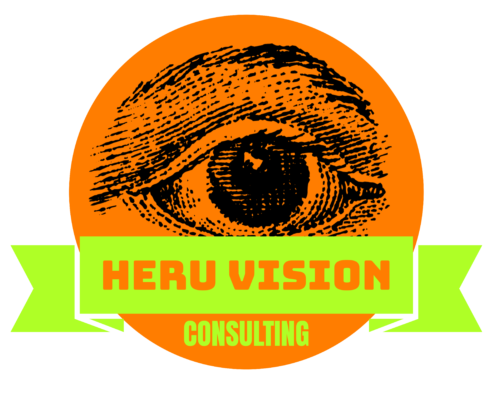In the labyrinth of human behavior, excuses often serve as comforting shields against the discomfort of accountability. We’ve all been there — caught in the intricate web of rationalizations, justifications, and explanations for why something wasn’t accomplished or why a problem persists. But why do we default to making excuses instead of embracing solutions? Let’s delve into the psychology behind this perplexing phenomenon.
The Comfort of Familiarity
Excuses provide a refuge in the familiar. They allow us to maintain a sense of continuity with our existing habits and beliefs, shielding us from the discomfort of change. Whether it’s procrastination, fear of failure, or sheer inertia, excuses offer a reassuring narrative that absolves us of responsibility.
Fear of Judgment
The fear of judgment, both from others and ourselves, often drives the creation of excuses. We dread being perceived as incompetent or lazy, so we craft elaborate justifications to preserve our self-image. In doing so, we prioritize short-term relief over long-term growth, sacrificing progress at the altar of ego preservation.
Cognitive Dissonance
Excuses also stem from cognitive dissonance — the discomfort of holding contradictory beliefs or attitudes. When our actions don’t align with our goals or values, we experience a profound sense of unease. Rather than confronting this internal conflict head-on, we resort to excuses to bridge the gap between intention and action, maintaining the illusion of coherence.

Learned Helplessness
Repeated experiences of failure or adversity can lead to learned helplessness, a state where individuals believe they have little control over their circumstances. In such instances, making excuses becomes a coping mechanism, a way to reconcile the discrepancy between desired outcomes and perceived capabilities. This cycle perpetuates a sense of powerlessness, trapping individuals in a self-perpetuating cycle of inaction.
The Illusion of Control
Paradoxically, excuses offer a semblance of control in the face of uncertainty. By attributing failure to external factors or circumstances beyond our control, we safeguard our sense of agency. This illusion provides temporary relief from the anxiety of uncertainty, albeit at the cost of genuine problem-solving and growth.
Overcoming Excuses: Embracing Solutions
Acknowledging the psychological mechanisms underlying excuses is the first step toward overcoming them. By cultivating self-awareness and challenging our ingrained thought patterns, we can begin to dismantle the barriers to progress. Here are some strategies to cultivate a solution-focused mindset:
- Own Your Narrative: Recognize that you have the power to shape your own story. Instead of succumbing to excuses, take ownership of your actions and decisions.
- Challenge Assumptions: Question the validity of your excuses. Are they based on objective reality, or are they colored by perception and bias? By interrogating your excuses, you can uncover hidden opportunities for growth.
- Focus on Solutions: Shift your mindset from problem-focused to solution-focused. Instead of dwelling on barriers and limitations, channel your energy into finding creative ways to overcome obstacles.
- Cultivate Resilience: Embrace failure as a natural part of the learning process. Cultivate resilience in the face of setbacks, viewing them as opportunities for growth rather than reasons for defeat.
- Seek Support: Don’t hesitate to seek support from friends, mentors, or professionals. Surround yourself with individuals who encourage accountability and provide constructive feedback.
In conclusion, understanding the psychology of excuses unveils the intricate interplay of cognitive, emotional, and behavioral factors at play. By unraveling the complexities of our excuses, we can reclaim agency over our lives and embark on a journey of self-improvement and empowerment. So, let’s bid farewell to excuses and embrace the transformative power of solutions. After all, the path to progress begins with a single step — free from the shackles of excuses.


Write more, thats all I have to say. Literally, it seems as though you relied on the video to make your point. You obviously know what youre talking about, why throw away your intelligence on just posting videos to your site when you could be giving us something informative to read?